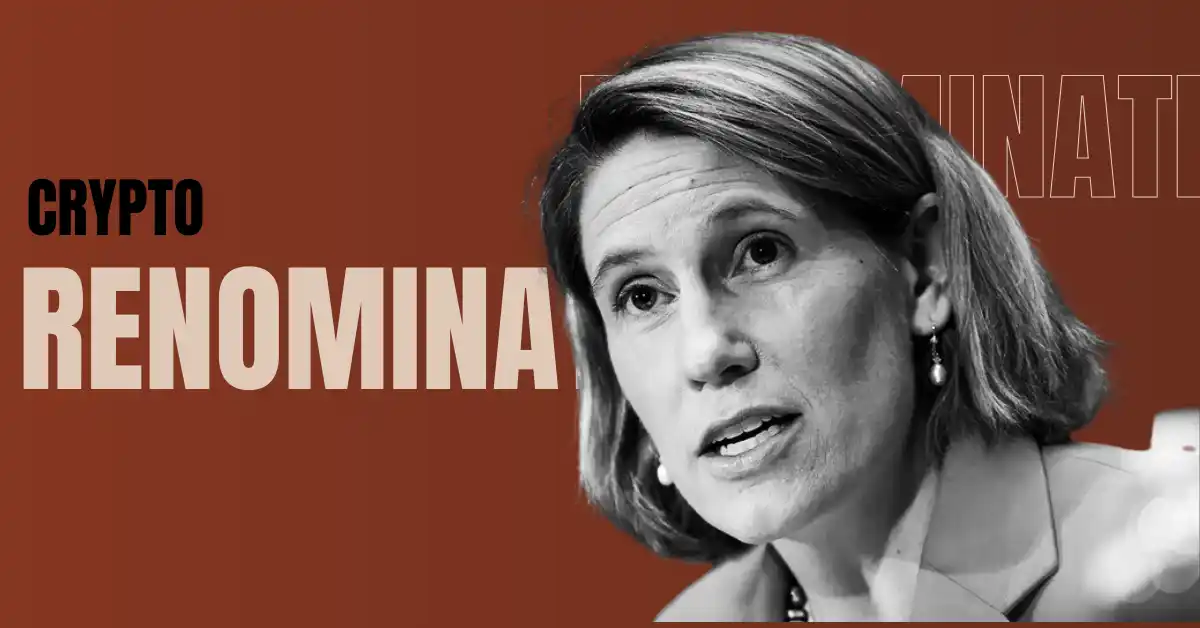
The landscape of cryptocurrency regulation in the United States is poised for significant transformation as Caroline Crenshaw’s term as an SEC Commissioner comes to an end in January. The Senate Banking Committee’s decision not to renominate her signals a potential shift in the regulatory environment, which could be seen as a victory for cryptocurrency enthusiasts and advocates. Crenshaw, known for her critical stance on digital currencies, often found herself at odds with the industry. Her departure, coupled with Gary Gensler’s resignation, marks the beginning of a new era for the SEC.
Crenshaw’s Anti-Crypto Legacy
Caroline Crenshaw has long been a contentious figure in the world of cryptocurrency. Her term at the SEC was marked by a firm alignment with Gary Gensler’s vision of strict regulation, a stance that did not sit well with many in the crypto space. The industry responded by investing significant resources into lobbying efforts aimed at preventing her renomination—a strategy that ultimately succeeded. Notably, this influence extended beyond mere campaign contributions; crypto-friendly Republican senators actively worked to ensure that Crenshaw would not continue in her role.
The pressure was not limited to one side of the aisle. Even Democratic supporters of Crenshaw, such as Sherrod Brown, felt compelled to address the situation. Brown criticized the crypto industry’s lobbying efforts as a “disgusting smear campaign,” yet this was insufficient to secure her position. The industry’s determination to see her exit underscores the deep-seated desire for a regulatory framework more conducive to digital asset growth.
What Happens Now?
With both Crenshaw and Gensler stepping down, the SEC is on the brink of a potential paradigm shift. The incoming administration under President-elect Donald Trump appears to favor a more crypto-friendly approach. Paul Atkins, known for his supportive views on cryptocurrency, is slated to take the helm as SEC Chair.
Speculation abounds regarding Crenshaw’s replacement, with names like Chris Brummer and TuongVy Le being discussed. Brummer, in particular, known for his expertise in blockchain technology, seems to have garnered substantial support. His potential appointment would signal a willingness by the SEC to collaborate with the cryptocurrency industry rather than oppose it.
What’s Next?
This transition period feels like a pivotal moment for the cryptocurrency sector. For years, industry leaders have been advocating for clearer, more favorable regulations. The departure of Crenshaw is perceived by some, including Tyler Winklevoss of Gemini, as the removal of a significant obstacle, paving the way for the establishment of definitive rules.
The United States has often lagged behind other nations in its approach to cryptocurrency. However, with these impending changes, the country has an opportunity to become a global leader in the digital asset space. The developments in the coming months will be crucial in determining whether the U.S. embraces this chance to innovate or remains tethered to outdated regulatory frameworks.






